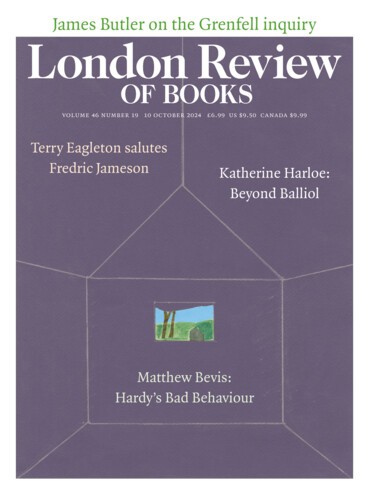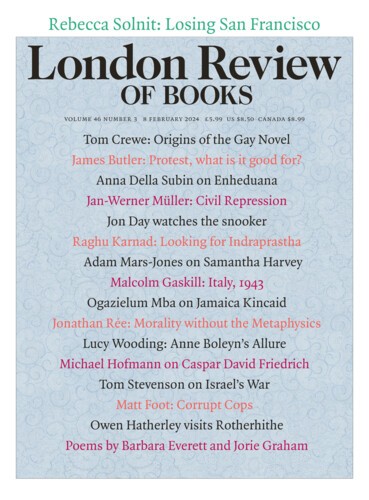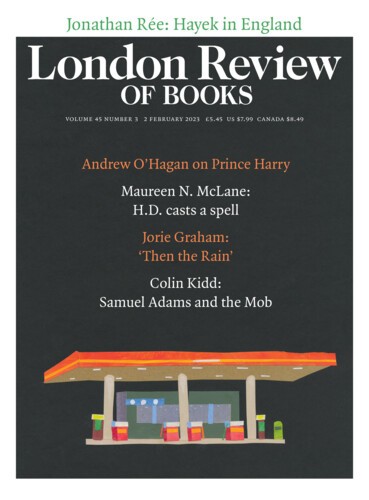Markets offered a solution not so much to Adam Smith’s ‘problem of the division of labour’ as to what Friedrich Hayek called the ‘problem of the division of knowledge’. They were fundamentally a ‘mechanism for communicating information’, but unlike newspapers, which operate like a web, gathering and distributing information through a central hub, they function as a centreless net which allows us to ‘avail ourselves ... of knowledge which individually we do not possess’. Markets were, as Hayek put it with uncharacteristic exuberance, a ‘marvel’, co-ordinating economic decisions in ‘a process in which the individual plays a part which he can never fully understand’. They are, you might say, a device for pooling our ignorance. This way of looking at markets may not have been revolutionary, but it was genuinely illuminating, and Hayek would describe it as the only ‘discovery’ he had ever made, hoping it had finally disposed of that ‘skeleton in our cupboard’ – the fiction of ‘economic man’.
Markets were, as Friedrich Hayek put it with uncharacteristic exuberance, a ‘marvel’, co-ordinating economic decisions in ‘a process in which the individual plays a part which he can never fully understand’. They are, you might say, a device for pooling our ignorance. This way of looking at markets may not have been revolutionary, but it was genuinely illuminating, and Hayek would describe it as the only ‘discovery’ he had ever made, hoping it had finally disposed of that ‘skeleton in our cupboard’ – the fiction of ‘economic man’.





